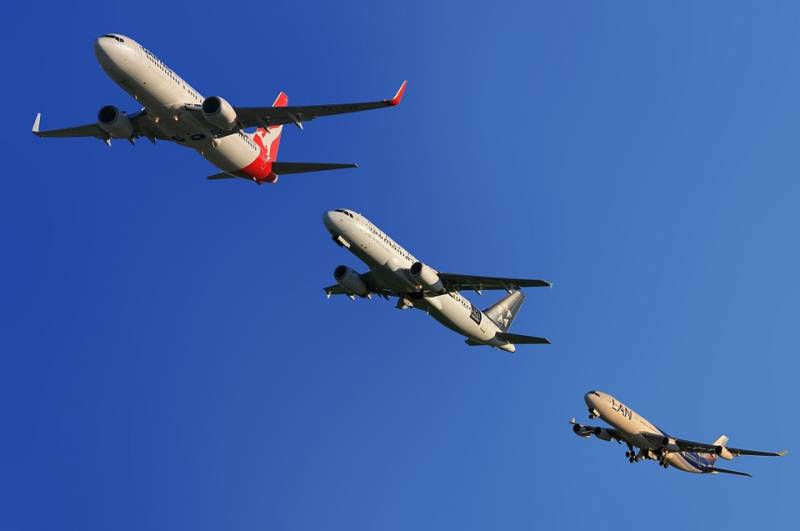In two months, 81 drug violations against aircraft crew members
By Amritha Mohan
Hyderabad: While aircraft crew, both on the ground and onboard the aircraft, are expected to stay sober while on duty, in a span of a mere two months, 81 cases of drug violations have been registered against aircraft ground crew this year.
The ground crew includes air traffic controllers, flight dispatchers, aircraft maintenance personnel, aerodrome operation personnel, fire, and rescue personnel, vehicle drivers, ground equipment operators, and ground handling personnel.
Interestingly, as of February 2020, 48 drug violations have been registered against crew members and aircraft maintenance personnel involved in taxiing the aircraft. This includes the pilots and cabin crew members of the aircraft.
Aviation experts said the high numbers of drug violations point towards a dangerous trend. “All these designations related to aircraft crew are critical roles which require one to be 100 per cent sober. The numbers are really high since it has been only two months into 2020. People in all these positions come in contact with the aircraft or contribute to the operation of the aircraft, and unless you are fully sober and uninfluenced by drugs, you can’t make informed decisions,” said Rakesh Dhannarapu, ex-cadet pilot and author of ‘101 Flying Secrets’.
The rules mandated by the directorate general of civil aviation (DGCA) prohibits the consumption of 13 psycho-active substances as a safety measure. The substances include alcohol, opioids, cannabinoids, sedatives and hypnotics, cocaine, hallucinogens, and volatile solvents, excluding coffee and tobacco.
In 2019, 244 cases of drug violations had been registered against aircrew members, including pilots, while 97 violations were recorded against ground staff. In cases where the aviation crew has tested positive in the drug screening test, the employee is required to be removed from safety-sensitive duty until a confirmatory report. The aircraft crew is also expected to undergo mandatory de-addiction/rehabilitation programme, with adequate clearance from the psychiatrist, in order to resume duties.